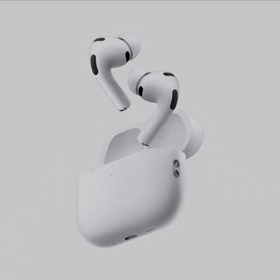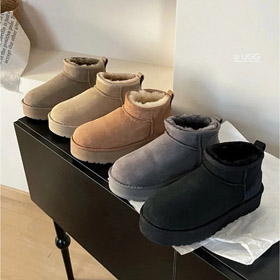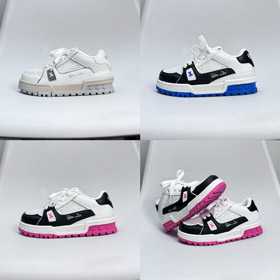In the competitive landscape of e-commerce platforms, crafting referral programs that truly resonate with users and achieve exponential growth is a formidable challenge. This analysis delves into the social coupon fission strategy employed by Superbuy, focusing on the meticulous optimization of the viral coefficient (K-Factor) through data-driven spreadsheet modeling. A standout "Invite 2, Get 20" campaign achieved a remarkable K-Factor of 1.8, and we will deconstruct the psychological elements behind its success.
Understanding the Viral Coefficient (K-Factor)
The Viral Coefficient, or K-Factor, is a crucial metric that quantifies the organic growth of a referral program. Simply put, it measures how many new users each existing user successfully brings in.
- K < 1:
- K = 1:
- K 1:
- K = 1:
Tracking this metric within a dedicated spreadsheet
Deconstructing Superbuy's Winning Campaign: "Invite 2, Get 20"
Superbuy's campaign achieved its impressive K-value of 1.8 not by chance, but through careful design incorporating powerful psychological triggers. Spreadsheet analysis pinpointed two critical design elements that drastically boosted sharing rates.
1. The Urgency of a Countdown Timer
The integration of a visible countdown timer created a palpable sense of urgency and FOMO (Fear Of Missing Out). Users were no longer perceiving the coupon as a perpetual offer but as a scarce, time-sensitive opportunity. This compelled immediate action, moving users from passive consideration to active sharing.
2. The Motivation of a Visual Progress Bar
A progress bar visually illustrated the user's journey toward the reward ("2/2 invites completed"). This gamification element transformed a task into a challenge. It provided clear feedback, a sense of accomplishment with each invite, and reduced the perceived effort required toclaim the prize, thereby increasing completion rates.
The Power of Message Optimization: An 895% Leap
The most astounding insight came from A/B testing the share invitation message itself. While the base campaign was successful, a hypothesis was formed: could even greater scarcity boost virality?
An optimized version of the message was tested, which included the specific, low-quantity phrasing: "Only 8 Spots Left!". The results, when calculated in the project's spreadsheet, were staggering.
The version with the "Only 8 Spots Left" messaging outperformed the standard version by a monumental 895.3% per person
Key Takeaways for Viral Campaign Design
The Superbuy case study provides a clear blueprint for optimizing social coupon fission:
- Track Relentlessly:
- Design for Psychology:
- Optimize Micro-Copy:
- Iterate Based on Data:
- Design for Psychology:
By applying these data-validated principles, e-commerce businesses



















